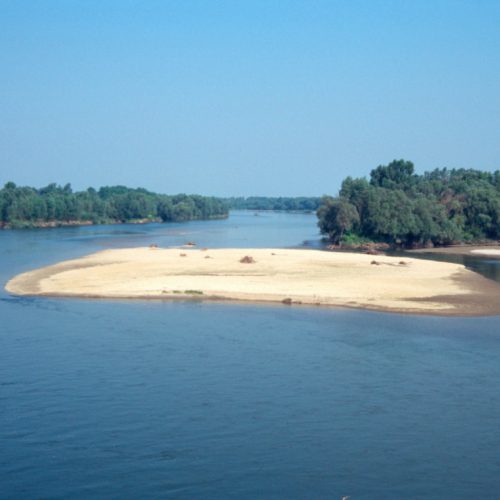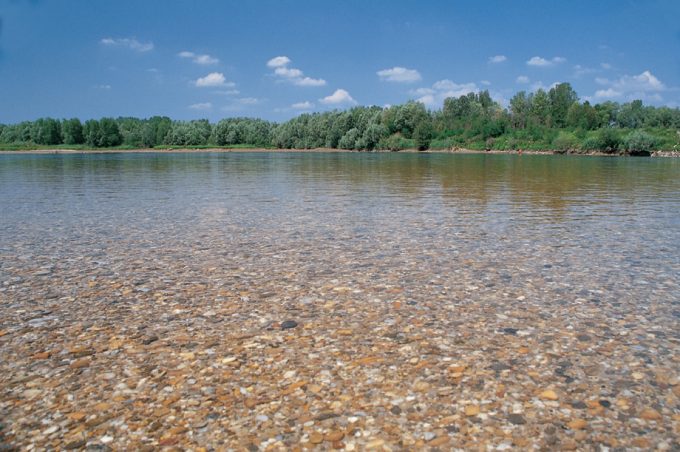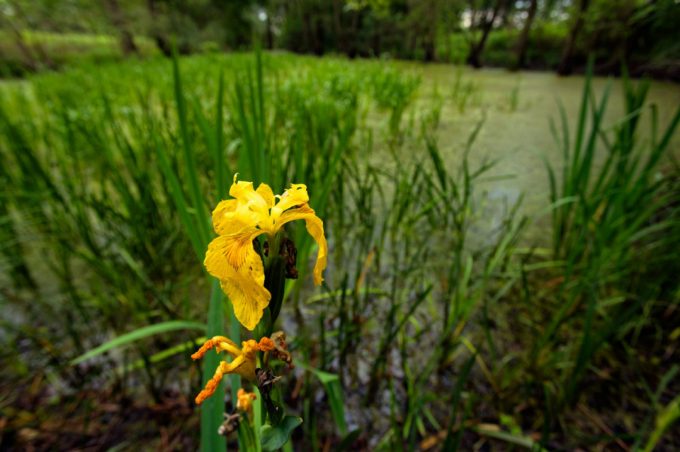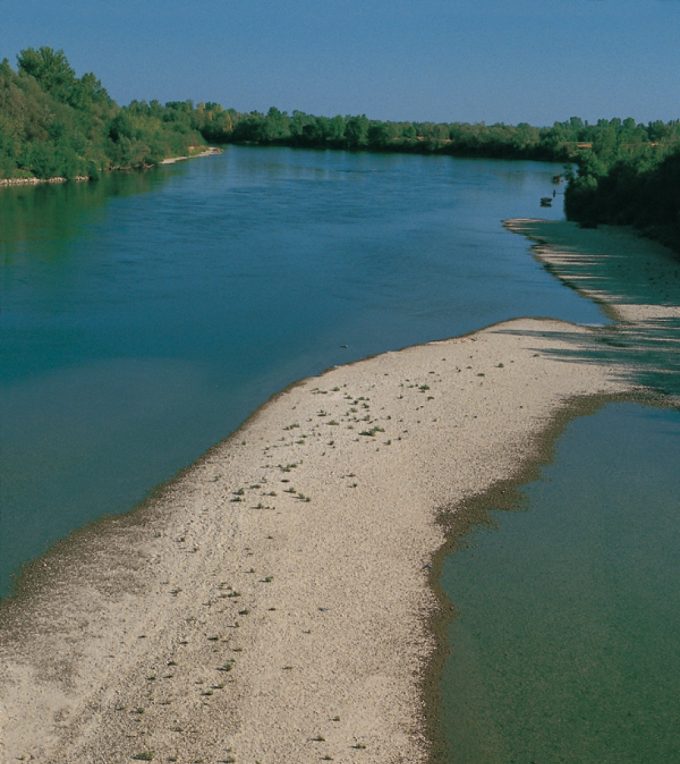News
Danube Day 2015, 29 June: WWF calls for river restoration efforts in the “Amazon of Europe”
New Restoration Potential Study to set impulses for projects in the Mura-Drava-Danube Region
Vienna, Zagreb, Budapest, Belgrade, Ljubljana, June 28th, 2015 – The Danube and its tributaries, like the Drava and Mura, are Europe’s greatest river system with thousands of people and wildlife relying on them. Nevertheless, human interferences such as the channelling of natural river stretches and hydrodams have put the river network at risk. “The international Danube Day reminds us that we must strengthen the capacity of our water ecosystems by protecting and restoring the rivers, creating a lifeline for future generations”, says Arno Mohl of WWF Austria. Now, WWF in cooperation with EuroNatur, conducted the landmark study “Restoring the Amazon of Europe” which is the first-ever comprehensive assessment of the restoration potential of the Mura-Drava-Danube riverine area of almost a million hectares in the “green heart of Europe”.
The report, prepared by Dr Ulrich Schwarz from FLUVIUS, found that a total of 650 kilometres of river banks could be restored, 120 side-channels reconnected and 165,000 hectares of floodplains newly created - an enormous restoration potential of the water systems shared by Austria, Slovenia, Hungary, Croatia, and Serbia in the future 5-country Transboundary UNESCO Biosphere Reserve “Mura-Drava-Danube” (TBR MDD). The study assessed a total river length of 725 kilometres and an area of more than 880,000 hectares.
In previous years, only separate restoration projects were carried out in the Mura-Drava-Danube area, which mainly focussed on small river areas. In order to most effectively strengthening the resilience of water ecosystems WWF calls on governments for more ambitious efforts to restore the rivers. “Healthy rivers, wetlands and floodplains provide a wide range of ecosystem services, including drinking water and flood protection, and are an ‘insurance’ against the future challenges of climate change,” says Arno Mohl, head of WWF’s project for the creation of the 5-country TBR MDD. Above all, the investment of about 1.1 billion Euros into the restoration of the Mura, Drava and Danube rivers would be a big boost for local economies.
Compared to other rivers in Europe, the stretches of the Mura, Drava and Danube rivers within the UNESCO Transboundary Biosphere Reserve have retained more of their natural values. However, there has been a considerable loss of natural river stretches and floodplains over the last 100 years. Even today, the area is suffering from a constant loss of natural habitats and species, which is the result of long-term river channelling, gravel extraction and the construction of hydropower plants.
In total, about 465,000 hectares or 80 per cent of former floodplains are already lost and every second natural river bank has disappeared. This degradation of natural riverine areas lead to a degradation of river and floodplains including a deepening of riverbeds, falling groundwater tables, the drying out of wetlands and floodplain forests which in turn resulted in the loss of endangered habitats and species. Comprehensive restoration efforts as shown for the first time in this very study would reverse these negative impacts and help threatened river birds such as the little tern, little-ringed plover, kingfisher or bee-eater to survive.
Furthermore, restoration work would also bring ecosystem benefits to local communities: Better flood protection, water purification and thus healthy drinking water, fish grounds, favourable groundwater conditions for forests and agriculture and recreation are amongst these.
Please click on the files below to download the study, the executive summary and related factsheets for each country:
Restoration Potential Study
Restoration Potential Study Executive Summary - EN
Restoration Potential Study Executive Summary - HU
FACTSHEET Restoration Potential Study - Austria
FACTSHEET Restoration Potential Study - Slovenia
FACTSHEET Restoration Potential Study - Croatia
FACTSHEET Restoration Potential Study - Hungary
FACTSHEET Restoration Potential Study - Serbia
FACTSHEET Restoration Potential Study - English
Contact:
Claudia Mohl, WWF Press Officer, tel. +43 676 83 488 203, E-Mail: claudia.mohl@wwf.at



